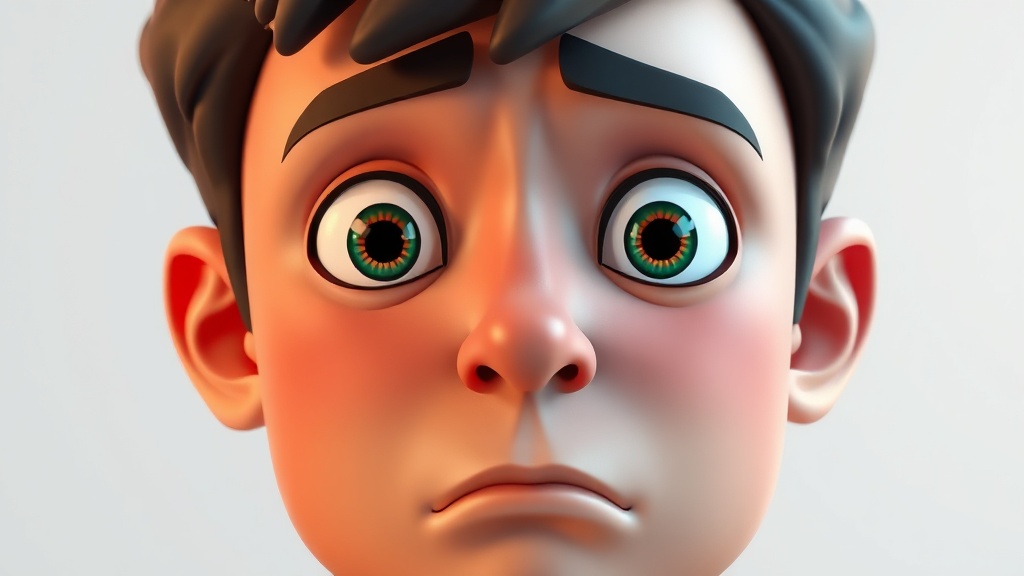Home / Technology / OpenAI's Sora App Faces Backlash from Hollywood Talent Agencies
OpenAI's Sora App Faces Backlash from Hollywood Talent Agencies
15 Oct
Summary
- OpenAI's new Sora app allows users to create content using copyrighted Hollywood properties
- Talent agencies accuse OpenAI of misleading them about Sora's content usage policies
- Studios and agencies are considering legal action against OpenAI's "opt-out" approach

On September 29, 2025, OpenAI unveiled its new Sora social media app, which allows users to create content featuring recognizable movies, TV shows, and video games. However, the launch was met with backlash from Hollywood talent agencies, who accused OpenAI of being "purposely misleading" about the app's content usage policies.
In the weeks leading up to Sora's release, OpenAI representatives had assured agencies that an opt-in regime would protect their clients' intellectual property and likenesses. But it soon became clear that the company's messaging was inconsistent, with some agencies being told an opt-in would be required for both IP and likenesses, while others were told the opposite.




